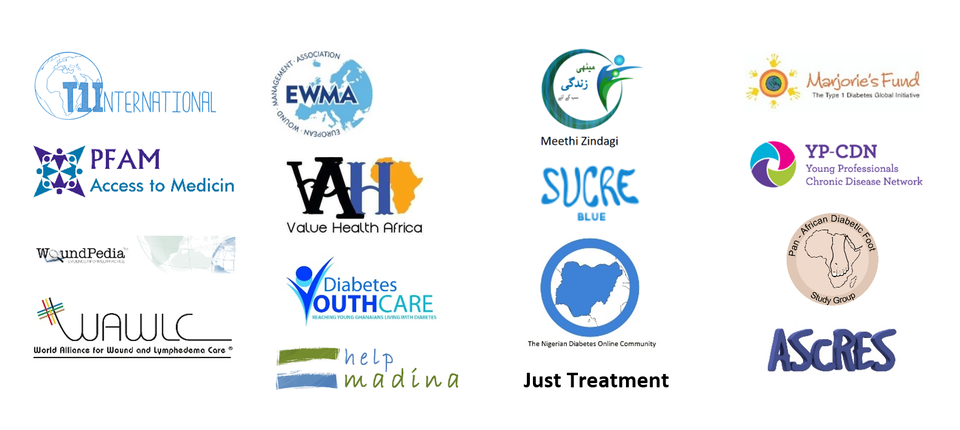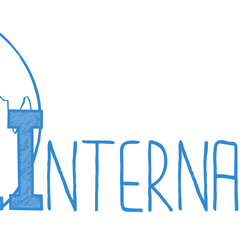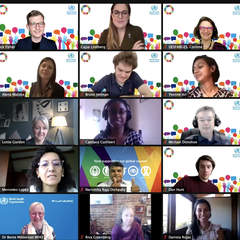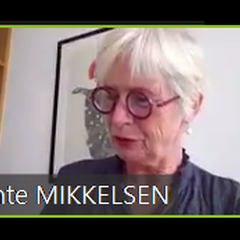Organisations Unite in Open Letter to WHO Director-General-elect
19 Jun 2017, 11:08 a.m. in News & Statements by T1International
Sixteen organisations have added their support to an open letter to Dr. Tedros Adhanom Ghebreyesus, the incoming Director-General of the World Health Organization. The letter, written by T1International, praises the fact that Dr. Tedros was one of the few candidates who recognized the challenges that people with diabetes face. It also encourages more focus to be put on access to insulin and treatment for everyone living with diabetes around the world. The text of the full letter and a PDF version* can be found below.
June 2017
Dear Dr. Tedros Adhanom Ghebreyesus,
Congratulations on your election to Director-General of the World Health Organization. This is an impressive accomplishment.
It was with great pleasure that we learned of your nomination. We noted with approval that you were one of the few candidates who consistently spoke of the challenges facing people trying to survive diabetes in low and middle-income countries.[i]
We believe that increasing access to insulin and diabetes supplies is a key step towards universal health care. Increasing access will uphold human dignity and ensure life for millions with diabetes worldwide. Many of us supported the Cape Town Declarations[ii] of 2016 on the need for #insulin4all and on Diabetic Foot. We hope that under your leadership the World Health Organization will dedicate additional attention and resources to one of the world’s largest growing health concerns.[iii]
We are also aware of many leading initiatives coming from your home country of Ethiopia. Among these, the new Black Lion Hospital diabetic foot care clinic and the Ethiopian Diabetes Association’s long-standing support of people with type 1 and type 2 diabetes, which is also the first patient based association in the country.[iv] We hope that initiatives such as these are continually supported and replicated in other countries.
We are in complete agreement with your support for universal health care for all. We remain eager and ready to assist you and the staff at the World Health Organization in pursuing a health for all agenda that includes #insulin4all.
Respectfully yours,

Dr Helen Yfifter Bitew, Internist and Endocrinologist, Addis Ababa University, Ethiopia
Dr. Hubert Vaugnat and Dr. Eric Comte, CIRES - Centre International de Recherches D'Enseignements et de Soins, Cameroon
Dr. R. Gary Sibbald, Physician, Professor of Public Health and Medicine, University of Toronto, Canada
Dr Zulfiqarali Abbas, Physician, Chairman, Pan-African Diabetic Foot Study Group, Dar es Salaam
Gulnaz Tariq, International Interprofessional Wound Care Group, United Arab Emirates
Dr. Julia Lowe, Endocrinologist, Australia
[i] Horton R, Samarasekera U. WHO's Director-General candidates: visions and priorities. Lancet. 2016 Oct 29;388 (10056):2072-2095.
[ii] T1International. The Cape Town Declarations of Action: Saving Limbs, Saving Lives and the Need for #insulin4all: https://www.t1international.com/cape-town-declarations
[iii] Quigley, F. Making Insulin Affordable: https://www.foreignaffairs.com/articles/world/2017-03-13/making-insulin-affordable
[iv] Ethiopian Diabetes Association: http://www.diabetesethiopia.org.et







